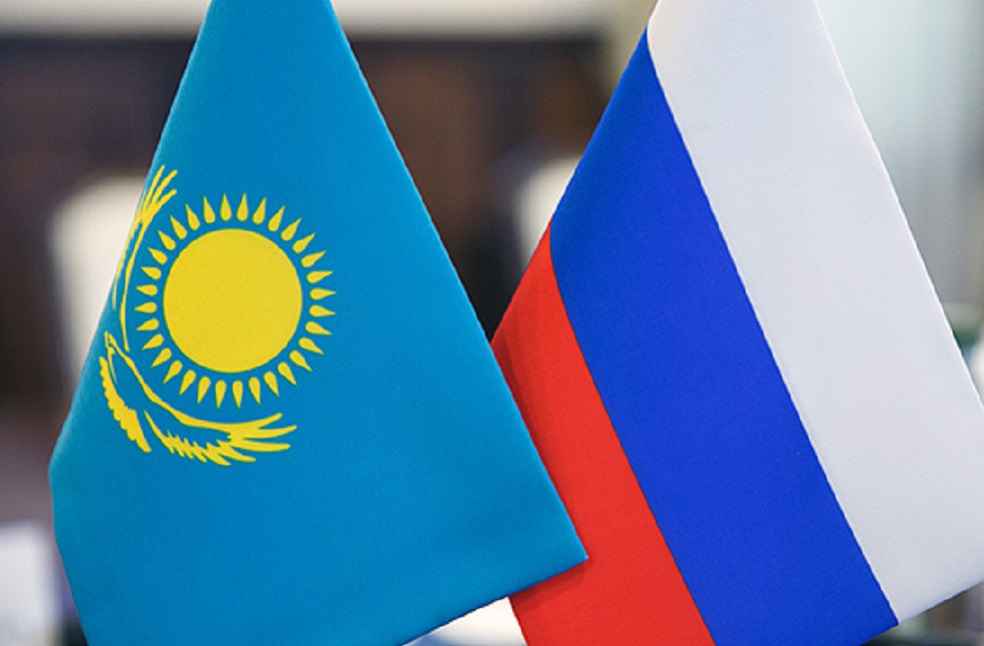Approaching the second anniversary of the Ukraine conflict, Central Asia’s geopolitical dynamics spotlight Kazakhstan, tasked with steering through intricate international relationships. The region, amidst escalating global tensions, finds itself performing a delicate balancing act—adhering to sanctions against Russia while maintaining strong diplomatic and trade relations with Moscow. This complex situation underscores the need for dynamic foreign policies, propelling Kazakhstan to refine its acclaimed multivector approach into an advanced ‘Version 2.0.’
Sharing the globe’s second-longest border with Russia, Kazakhstan has cultivated a bilateral trade exceeding $20 billion in 2023. Given this economic symbiosis, Astana’s pivot to alternative trade partners appears impractical, especially when contrasted with the modest $3 billion trade volume with the United States. This economic landscape shapes President Kassym-Jomart Tokayev’s stance: honoring international sanctions against Russia without compromising critical trade ties.

The diplomatic finesse Kazakhstan employs was spotlighted at a Caspian Policy Center roundtable on January 8, featuring US Ambassador to Kazakhstan, Daniel Rosenblum. Ambassador Rosenblum articulated Washington’s preference for regional autonomy in forging associations and trade alliances, devoid of undue external influence. He addressed the sanctions, noting that sanctioned goods categories constitute a negligible portion of Kazakhstan’s exports to Russia, suggesting that adherence to these sanctions might not significantly affect Kazakhstan’s economy or its robust trade activities with Russia.
Nonetheless, accusations from The Washington Post and the European Union have surfaced, implicating Central Asian firms in potentially facilitating Russia’s circumvention of sanctions by supplying critical technology and materials for military purposes. This scrutiny, coupled with concerns expressed by US officials, including Senator Bob Menendez, highlights the regulatory challenges faced by the region.
President Tokayev’s reaffirmation of sanctions compliance, particularly during his September 2023 visit to Germany, alongside Ambassador Rosenblum’s commendation of Kazakhstan’s sanction evasion prevention efforts, underscores Astana’s sophisticated approach to balancing international obligations with economic interests.

The complexities of adhering to sanctions without detriment to local industries have prompted diplomatic engagements, with US and European officials signaling a readiness to assist Central Asian countries in navigating these challenges. This dialogue is particularly pertinent as the region anticipates the Business 5+1 event in Almaty, aimed at fostering dialogues that could lead to enhanced economic growth and diversified trade partnerships, potentially diminishing reliance on sanctioned commodities.
The nuanced relationship between Central Asia and Russia, varying significantly across countries, necessitates a caution against generalization regarding the region’s stance on sanctions. Countries like Kazakhstan, committed to sanction compliance, confront significant hurdles, requiring continuous dialogue with international counterparts in Washington and Brussels. As geopolitical and geo-economic landscapes evolve, the capacity of Kazakhstan and its neighbors to adapt while safeguarding national interests will critically shape the future of the region’s international relations fabric.
IMEX SECTOR | Bangladesh IT Exports Fall: Global Slowdown, Currency Woes Impact Growth



